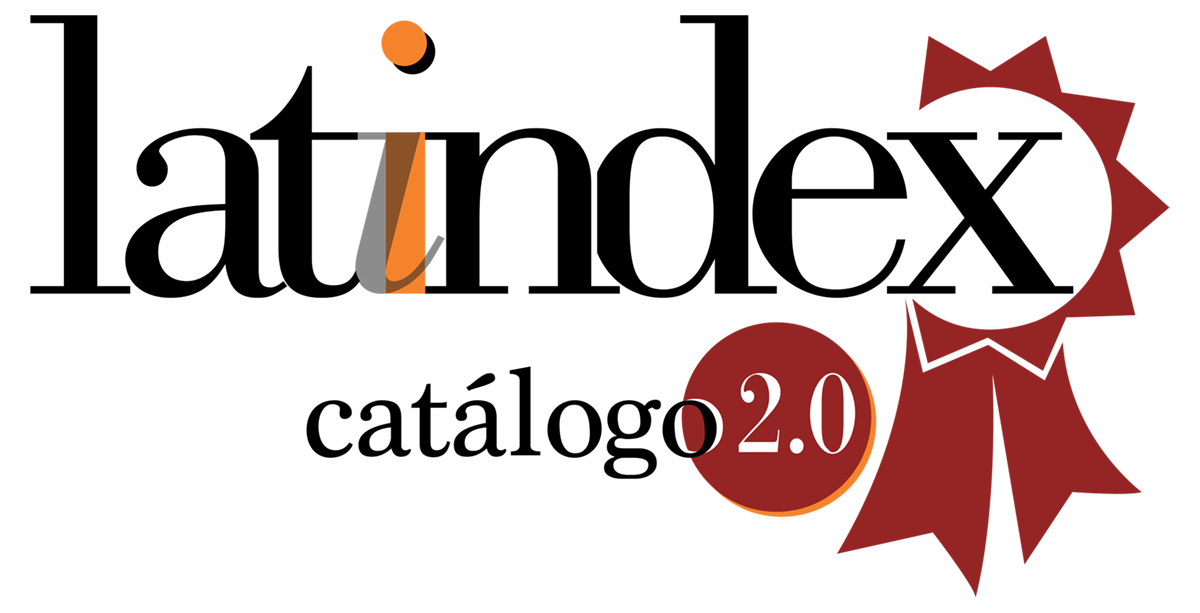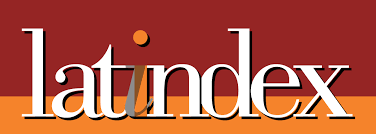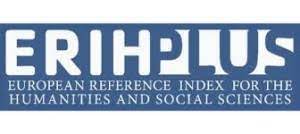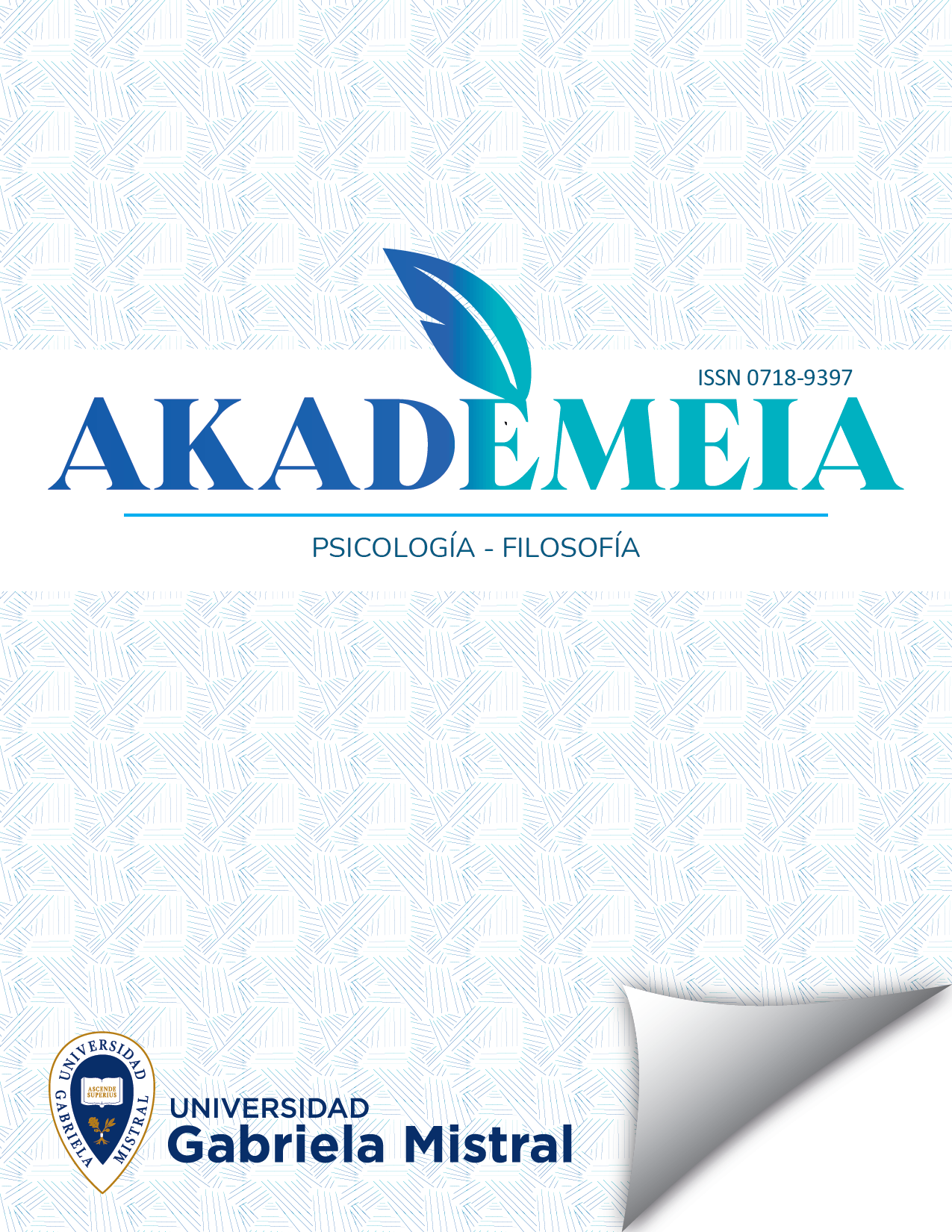Transhumanism and posthumanism: An analysis in the light of human dignity from the thought of Thomas Aquinas
DOI:
https://doi.org/10.61144/0718-9397.2021.421Abstract
Transhumanism and posthumanism are relatively new lines of thought; the first one suggests that by incorporating the wide spectrum of current technologies into human life, modifications can be made to the human being increasing his capacities beyond his limits; the second, that such
transformations can lead us to a different state than the one we understand as humanity. Both notions find critics in various philosophical lines, among them, that inherited from the thought of Saint Thomas Aquinas. This work has a double purpose: firstly -after exposing what is currently
understood by transhumanism and posthumanism-, to show the validity of the critic that it is possible to make from the notion of person present in Saint Thomas, and secondly, to make present that assuming the trans and posthumanist ideas implies accepting a reductionist notion of the human being, which does not allow his full protection.
Key words: Transhumanism, posthumanism, Saint Thomas Aquinas, nature, person, dignity
References
Bibliografía
- Aquino, Tomás, Suma Teológica, edición bilingüe Madrid, Biblioteca de Autores Cristianos, 1959.
- Aquino, Tomás, Suma Contra Gentiles, Madrid, Biblioteca de Autores Cristianos, 1952.
- Aquino, Tomás, De la Verdad, en Opúsculos y Cuestiones Selectas, edición bilingüe, tomo I, Madrid, Biblioteca de Autores Cristianos, 2001.
- Aquino, Tomás, Cuestiones disputadas sobre el alma, en Opúsculos y Cuestiones Selectas, edición bilingüe, tomo I, Madrid, Biblioteca de Autores Cristianos, 2001
- Aquino, Tomás, De la Potencia de Dios, en Opúsculos y Cuestiones Selectas, edición bilingüe, tomo III, Madrid, Biblioteca de Autores Cristianos.
- Aquino, Tomás, El ente y la esencia, Madrid SARPE, 1983, traducción de José Antonio Miguel, Manuel Fuentes Benot, Angel J. Cappelletti.
- Aquino, Tomás, Comentario a las sentencias de Pedro Lombardo, volúmenes I/2 y II/1 La creación: Ángeles, seres corpóreos, hombre, Navarra, Eunsa, 2015.
- Ayuso, Miguel, El telón de fondo del transhumanismo, en ¿Transhumanismo o posthumanidad? La política y el derecho después del humanismo, Miguel Ayuso (ed.), Madrid, Marcial Pons, 2019, pp. 15-29.
- Bostrom, Nick, Dignity and Enhancement, Oxford, Oxfor Future of Humanity Institute, 2007, https://www.nickbostrom.com/ethics/dignity-enhancement.pdf.
- Bostrom, Nick, In Defense of Posthuyman Dignity, Bioethics, 2005, volume 19, No.3, pp. 202-214, https://www.nickbostrom.com/ethics/dignity.html.
- Braidotti, Rosi, The Posthuman, Cambridge y Malden, Polity Press, 2013.
- Buchanan, Allen, Beyond Humanity?, Oxford, Oxford University Press, 2011.
- Buchanan, Allen, Better than Human. The Promise and perils of Enchancing Ourselves, Oxford, Oxford University Press, 2011.
- Buchanan, Allen, et al., From Chance to Choice, Genetics and Justice, Cambridge, Cambridge University Press, 2001, (Edición en español: Genética y Juysticia, traducción de Cristina Piña, Madrid, Cambridge University Press, 2002.
- Gilson, Étienne, El Tomismo, Navarra, Eunsa, 2002.
- Haraway, Donna, Simians, Cyborgs and women. The reinvention of nature (1991), traducido al español como Ciencia, cyborgs y mujeres. La reinvención de la naturaleza, Madrid, Ed. Cátedra/Universidad de Valencia/Instituto de la Mujer, 1995.
- Harris, John, Enhancing Evolution: The Ethical Case for Making Better People, Princeton University Press 2007.
- Hayles, Katherine, How we became posthuman. Virtual bodies in cybernetics, literature and informatics, Chicago, University of Chicago Press, 1999.
- Hervada, Javier, La dignidad y la libertad de los hijos de Dios, España, Universidad de Navarra, 1994.
- Jones, Reilly, A History of Extropic Thought: Parallel Conceptual Development of Technicism and Humanism, EXTRO-2 Proceedings, Extropy Institute, 1995.
- Kurzweil, Ray, The Singularity Is Near, when humans transcend biology, USA Viking, 2005.
- Lewens, Tim, Human Nature: The very Idea, en Philosophy and Technology, 2012; 25: 459-474.
- More, Max, The philosophy of Transhumanism, The Transhumanist Reader: Classical and Contemporary Essays on the Science, Technology, and Philosophy of the Human Future, Edited by Max More and Natasha Vita-More, John Wiley & Sons, Inc. Published, 2013.
- More, Max, Technological Self-Transformation: Expanding Personal Extropy, Extropy 10, 1993, vol. 4, no. 2, pp. 15–24.
- Ocampo, Manuel, Importancia del concepto de naturaleza en Santo Tomás de Aquino, ante los retos que plantea el transhumanismo a la educación actual, Revista Akadèmeia, 2020, Vol. 19, n.1.
- Pearce, David, The Hedonistic Imperative, 2004, http://www.hedweb.com/hedab.htm (revisado el 18-07-21).
- Ranisch, Robert y Lorenz, Stefan (Ed.), Post- and Transhumanism. An Introduction, Berlín, Peter Lang GmbH, Internationaler Verlag der Wissenschaften, 2014.
- Rego, Francisco, El concepto de persona en el Scriptum super Sententiis Petrin Lombardi de Santo Tomás, en Scripta Medievalia, 2009, Vol.2, Núm. 1, pp.131-164.
- Savulescu, Julian, Genetic interventions and the ethics of enhancement of human beings, Gazeta de Antropología, 2016, 32(2): artículo 07.
- Sharon, Tamar, Human Nature in an age of Biotechnology, The Case for Mediated Posthumanism, Dordrecht, Springer, 2014.
- Spaemann, Robert, Sobre el concepto de dignidad humana, en Persona y Derecho, 1988, XIX pp. 13-33.
- Vaccari, Andrés, La idea más peligrosa del mundo: hacia una crítica de la antropología transhumanista, tecnología & Sociedad, 2013, Buenos Aires, 1 (2), 39-59.
How to Cite
License
Copyright (c) 2022 Tomás Aróstica Valenzuela

This work is licensed under a Creative Commons Attribution-NonCommercial-NoDerivatives 4.0 International License.
Los autores/as conservarán sus derechos de autor y garantizarán a la revista el derecho de primera publicación de su obra, el cual estará simultáneamente sujeto a la Licencia de reconocimiento de Creative Commons (CC BY-NC-ND) 4.0 que permite a terceros compartir la obra siempre que se indique su autor y se comparta el documento, en formato pdf y con la paginación del número original, a través del que este ha sido publicado por la revista. Siguiendo las definiciones establecidas por la licencia (ver: https://creativecommons.org/licenses/by-nc-nd/4.0/deed.es) los números de la revistas seguirán los siguientes términos:
-
Atribución — Usted debe dar crédito de manera adecuada, brindar un enlace a la licencia, e indicar si se han realizado cambios. Puede hacerlo en cualquier forma razonable, pero no de forma tal que sugiera que usted o su uso tienen el apoyo de la licenciante.
-
No Comercial — Usted no puede hacer uso del material con propósitos comerciales.
-
Sin Derivadas — Si remezcla, transforma o crea a partir del material, no podrá distribuir el material modificado.
- No hay restricciones adicionales — No puede aplicar términos legales ni medidas tecnológicas que restrinjan legalmente a otras a hacer cualquier uso permitido por la licencia.












